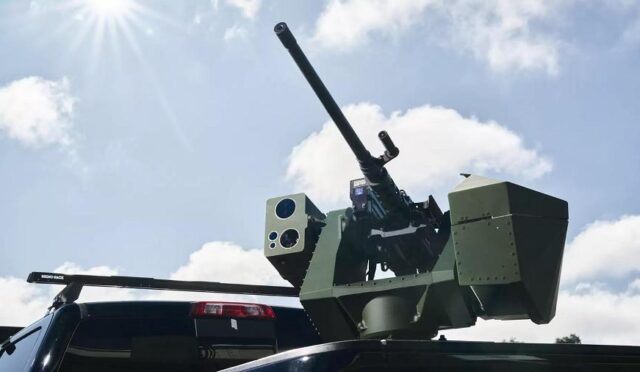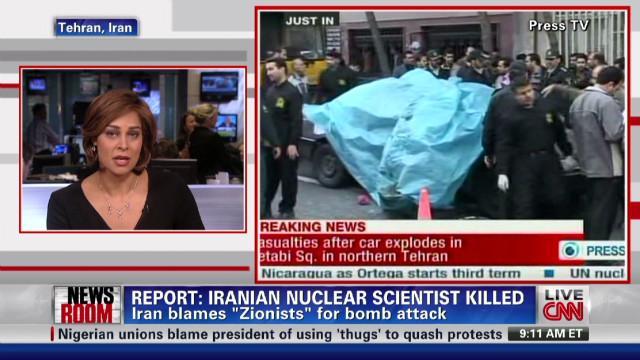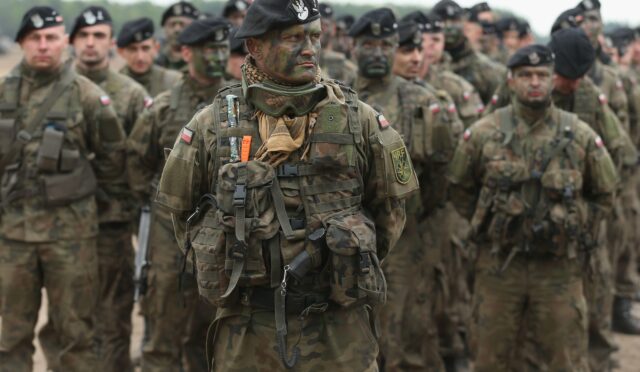CS Gas Findings in Ukraine: OPCW Reports
On Friday, the Organisation for the Prohibition of Chemical Weapons (OPCW) announced its findings of the banned riot control agent CS in nine samples collected from Ukraine’s frontlines in its ongoing conflict with Russia. The samples, which included four grenade shells, three soil samples, and two vegetation samples, were taken from areas near a dugout, raising concerns about chemical weapon use in the region.
While the OPCW confirmed the presence of CS gas, it refrained from attributing responsibility for its use to either Ukraine or Russia. CS gas, known for causing severe sensory irritation affecting the lungs, skin, and eyes, is classified as a prohibited weapon of war. Throughout the protracted conflict, both nations have accused one another of deploying chemical agents, with Ukraine’s Western allies also alleging that Moscow has utilized banned weapons.
Ukraine’s Request for Investigation
In light of the findings, Ukraine has formally requested the OPCW to investigate three specific incidents of alleged chemical weapon use. These incidents occurred on October 2, 2024, near Mariivka, followed by two more events on October 12 and 14 near Illinka. The requests underscore Ukraine’s commitment to addressing the potential use of chemical weapons in the conflict.
The OPCW’s report revealed that all grenades recovered from the dugouts contained CS, as well as compounds related to it and their degradation products. Furthermore, the chemical was detected in the soil and vegetation samples submitted, indicating a broader environmental impact of the conflict.
Significance of the OPCW Report
OPCW Director General Fernando Arias emphasized the importance of these findings, noting that this marks the second confirmed instance of riot-control agent grenades being found along the confrontation lines in the Dnipropetrovsk region. He highlighted the critical need for adherence to the principles outlined in the Chemical Weapons Convention, particularly in light of ongoing hostilities.
The OPCW had previously reported in November that CS gas was identified in three shell and soil samples provided by Ukraine. This earlier report represented the first confirmation of riot control gas use in active conflict zones, raising alarms over the implications of such practices under international law.
International Reactions and Accusations
The use of riot control agents like CS gas is strictly prohibited under the OPCW’s Chemical Weapons Convention, particularly when deployed as a method of warfare. This has drawn significant attention from the international community, with both the United Kingdom and the United States accusing Russia of using toxic agents, including chloropicrin, since its invasion of Ukraine in 2022.
Despite Russia’s claims of having dismantled its military chemical arsenal, the country faces mounting calls for transparency regarding alleged chemical weapon deployments. The OPCW’s findings may further intensify scrutiny on Russia’s actions and the compliance of both parties with international chemical weapons treaties.







